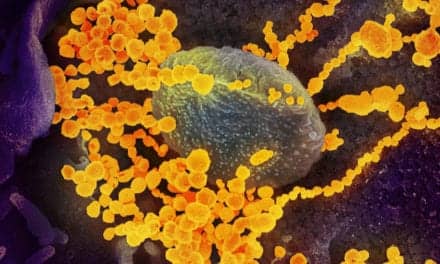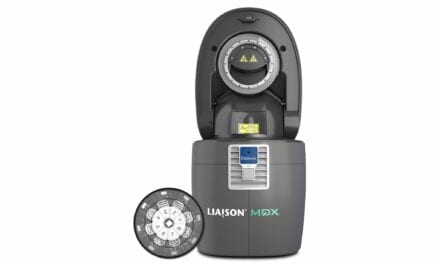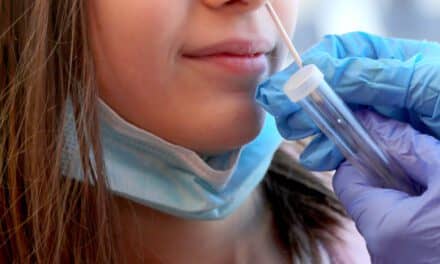Bio-Rad Laboratories, Hercules, Calif, has launched VIROTROL SARS-CoV-2 and VIROCLEAR SARS-CoV-2, positive and negative quality controls for use in antibody testing of SARS-CoV-2, the virus associated with covid-19. The serological controls are available for in vitro assay procedures in the United States and have met the CE mark requirements for in vitro diagnostics in markets outside the United States.
VIROTROL SARS-CoV-2 quality controls are independent, positive controls designed to detect whether patients have the antibodies for SARS-CoV-2. These controls can detect SARS-CoV-2 total IgM and IgG antibodies across all testing procedures. Routine use of VIROTROL SARS-CoV-2 controls provides laboratories with an unbiased independent assessment of the laboratory’s test system for greater confidence in patient test results.
The controls are available in three classes, each targeted to specific levels of the SARS-CoV-2 antibodies to match the range of commercially available assays.
The VIROCLEAR SARS-CoV-2 can be used as a negative control across all SARS-CoV-2 antibody assays and methodologies and have been demonstrated to be free of any of the SARS-CoV-2 antibodies for that purpose.
“Robust and precise testing of samples for covid-19 is more critical than ever,” says Dara Wright, Bio-Rad executive vice president, president, Clinical Diagnostics Group. “Our VIROTROL SARS-CoV-2 and VIROCLEAR SARS-CoV-2 quality controls provide clinical labs a way to monitor their laboratory testing procedures to ensure the lab can provide reliable patient results across their test platforms.”
Bio-Rad provides a full suite of controls to support both molecular and antibody-based assays for covid-19 testing. In addition to the VIROTROL SARS-CoV-2 and VIROCLEAR SARS-CoV-2 controls, the company offers a SARS CoV-2 Standard to support laboratory assay validation and run control of covid-19 molecular testing through Bio-Rad’s Exact Diagnostics product line.
The Clinical Laboratory Improvement Amendments federal regulatory standards require clinical laboratories to establish and document their own performance specifications for laboratory-developed tests to ensure accurate and precise results prior to the implementation of the test.
For more information, visit Bio-Rad.





